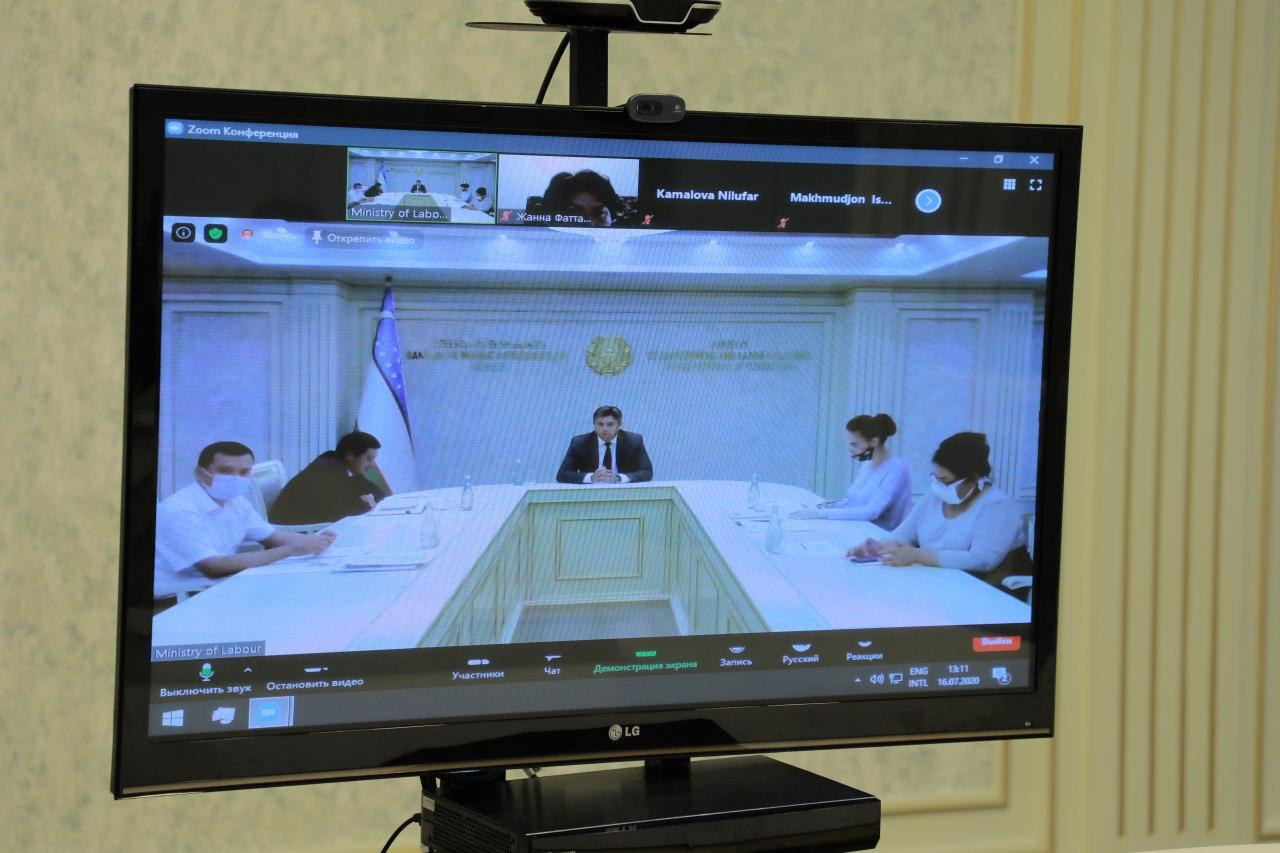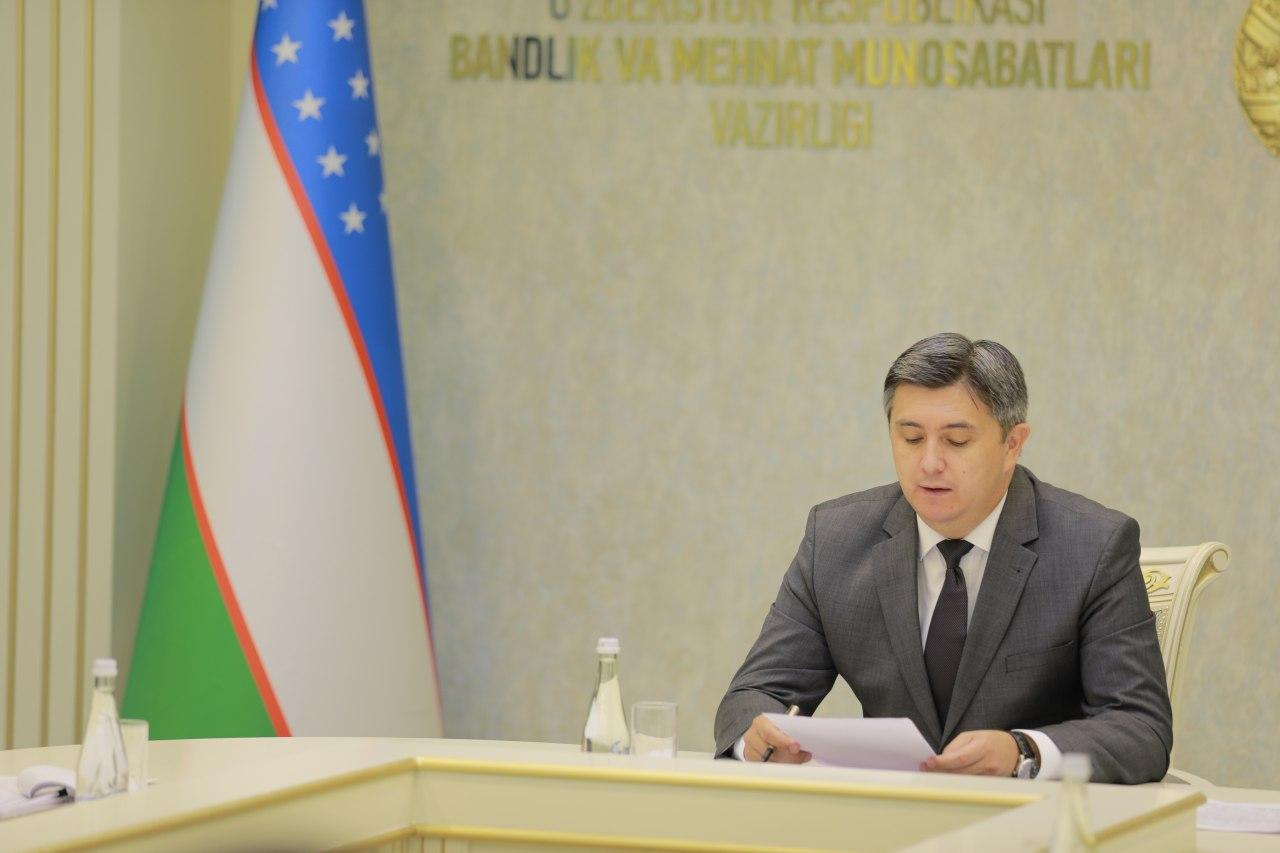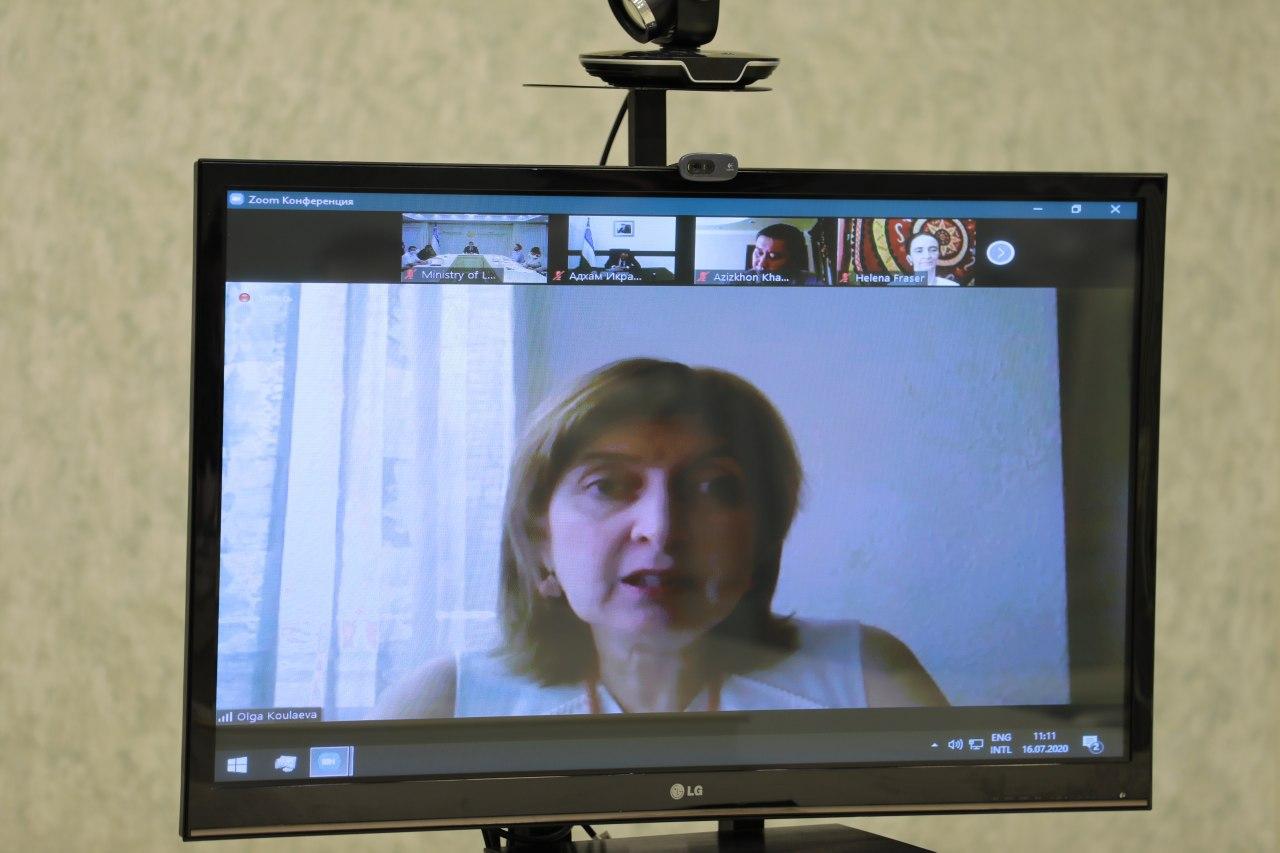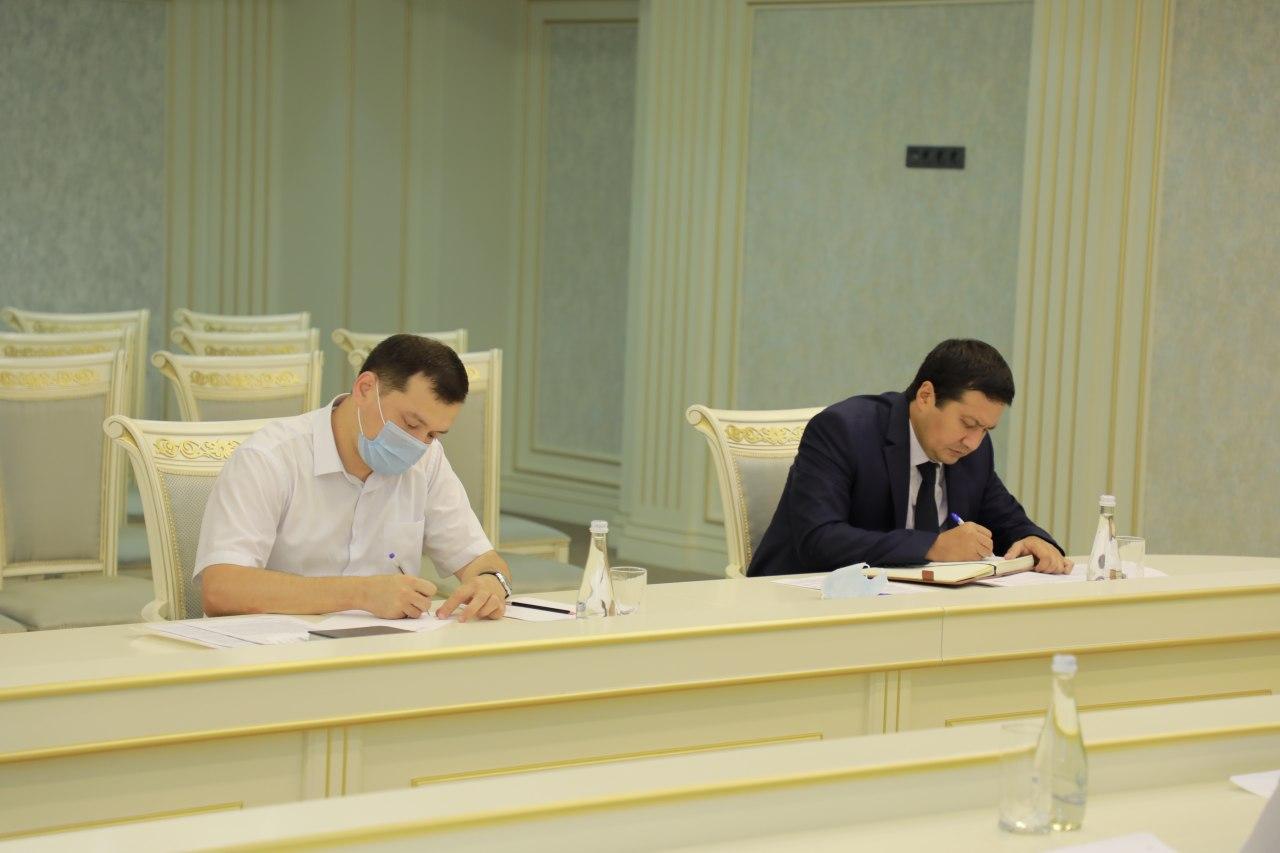The labor market of Uzbekistan in the conditions of a pandemic: experts to discuss
The Ministry of employment and labor relations of the Republic of Uzbekistan presented a report on "Assessment of the impact of COVID-19 on the socio-economic situation in Uzbekistan (income, labor markets and access to social protection): review of anti-crisis measures and directions for further improvement of state policy".

The global COVID-19 pandemic, as well as restrictive measures introduced in connection with the spread of coronavirus infection, have significantly changed the usual spheres of life, affecting the processes of socio-economic development. In Uzbekistan, as in other countries, measures are being taken to support the economy, small and private businesses, and reduce the negative impact of quarantine restrictions on them and their consequences.
Surveys conducted by the Ministry of employment and labor relations together with the Chamber of commerce and industry with the assistance of the International labor organization during the period from April 20 to may 6 of this year were devoted to studying the current situation. The first of them was devoted to "Assessing the risks of small and private businesses in the context of anti-crisis regulation and quarantine measures for the population", the second studied "Assessing the level of state support for the population and business in conditions of quarantine restrictions". The report, which was discussed during the presentation, summarized the conclusions of these studies, the respondents in which were in the first case - representatives of small and private businesses, in the second - individual entrepreneurs and self-employed persons.
Nozim Khusanov, the Minister of employment and labor relations of the Republic of Uzbekistan, addressed the audience with a welcome speech. he informed the participants of the meeting about the government's large-scale anti-crisis measures aimed at stimulating employment, preserving jobs and incomes of workers, ensuring safety and health at work, preventing discrimination and social exclusion. Thus, to support small and micro businesses, guarantees and deferred payments were provided for individual taxes and payments, tax deductions and rates on preferential loans were reduced.

In the informal sector, social benefits and financial assistance were provided to support people who lost their jobs.
In addition, to support socially vulnerable segments of the population, the Government has approved a temporary order to provide employment for family members whose social status and standard of living have deteriorated in the context of the coronavirus pandemic. A simplified procedure for allocating unemployment benefits has been introduced, according to which more than 20 thousand unemployed people have received unemployment benefits to date.
The Public works fund has provided employment and permanent income for almost 400 thousand citizens for three months, and has established a system of monitoring of health and safety standards at enterprises. The list of professions for the self-employed has been expanded to 67, the number of which has exceeded 150 thousand.
Referring to the significance of the prepared document, Olga Kulayeva, Director of the decent work technical support group and the ILO Office for Eastern Europe and Central Asia, noted that “The special feature of this report is the focus not only on assessing the effects of COVID-19, but also the proposed range of measures for post-crisis development of the country through the prism of the four fundamental principles of the ILO on responding to the pandemic: 1) Stimulating the economy and employment, 2) Supporting businesses, jobs and income, 3) Protecting workers in the workplace and 4)Strengthening social dialogue."

Addressing the participants of the debate on the report, UN Resident coordinator in Uzbekistan Helena Fraser stressed that the document under discussion is one of the main results of the consolidated work on the development of the anti-crisis program. According to her, the current "Assessment is important and timely for identifying and developing coordinated efforts by the Government, the UN and international financial institutions to protect income, preserve jobs and ensure social protection of the population".
The Federation of trade unions of Uzbekistan, according to the Deputy Chairman of its Council, Bakhtiyor Makhmadaliyev, has developed its own recommendations on labor standards during the pandemic, and together with representatives of the Confederation of employers of Uzbekistan, public control is being conducted on compliance with sanitary standards, labor safety and labor legislation at enterprises.
Chairman of the Chamber of commerce and industry Adham Ikramov drew attention to the measures taken by the government to support the activities of small businesses during the quarantine period. According to him, priority is given to enterprises in the tourism sector, restaurant business, as well as the self-employed. 100,000 legal entities were extended loans in the amount of 19.8 trillion soums. 300 billion soums were allocated to support artisans to provide 120,000 jobs in this sector.
Zhanna Fattakhova, the ILO national consultant for Uzbekistan, presented the main theses based on the results of the surveys that formed the basis of the report. The discussion was concluded by Erkin Mukhitdinov, First Deputy Minister of employment and labor relations of Uzbekistan, and Yasmina Papa, social protection specialist of the decent work technical support group of the ILO Bureau for Eastern Europe and Central Asia.










